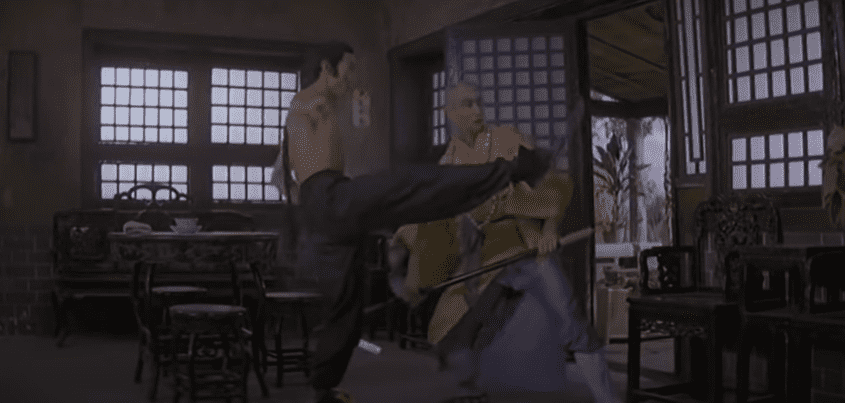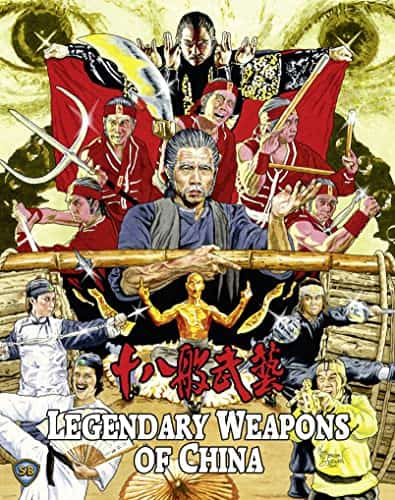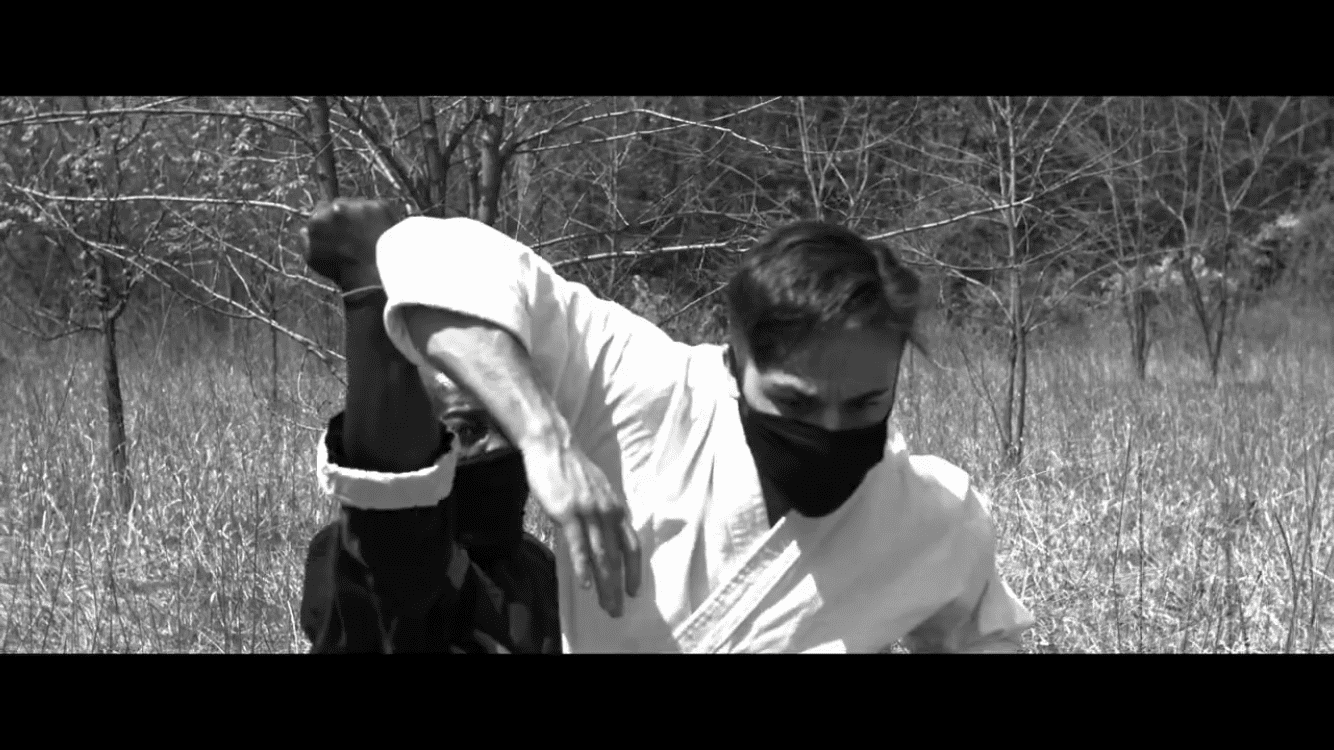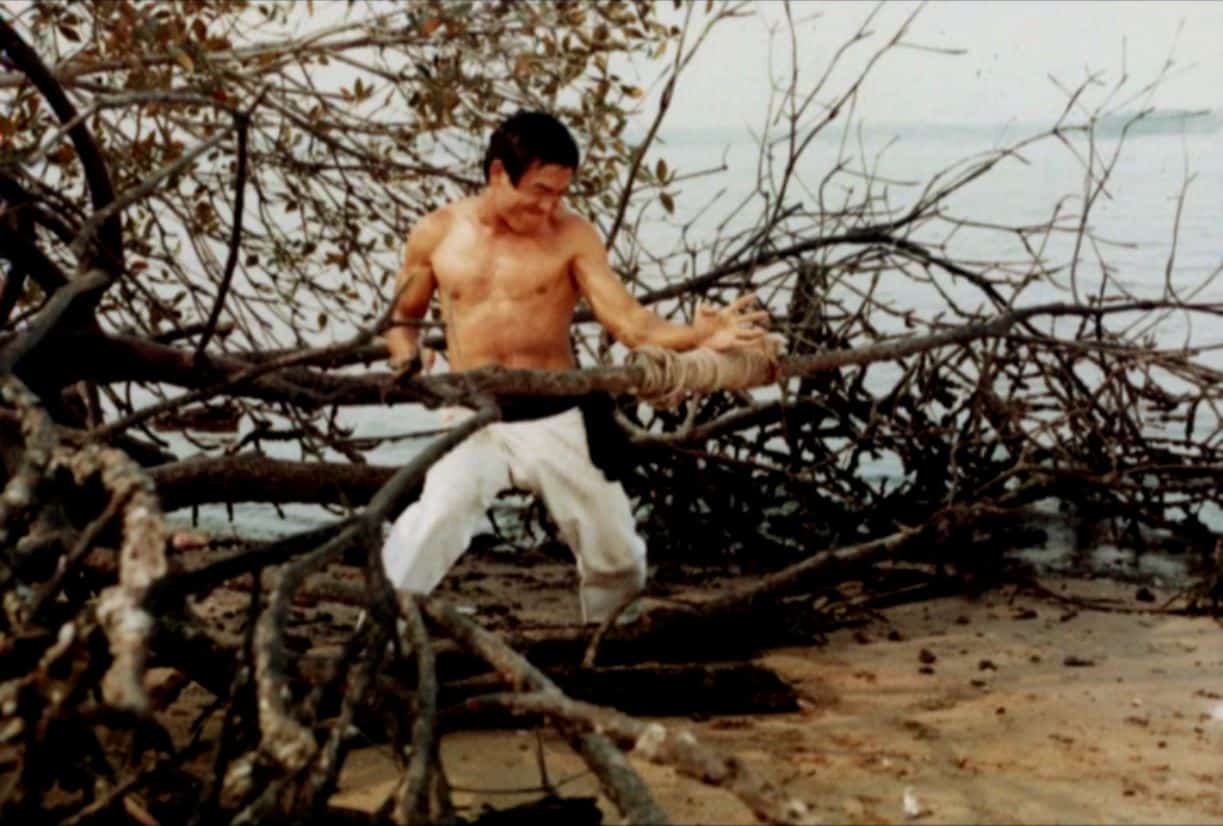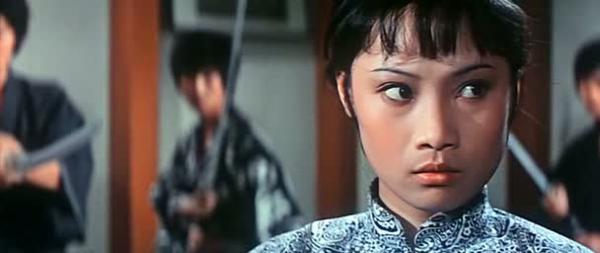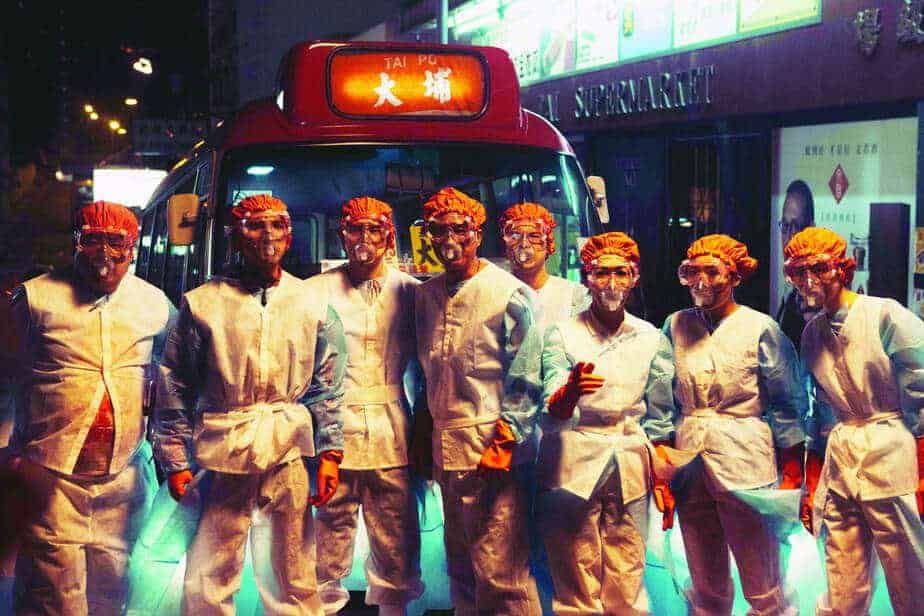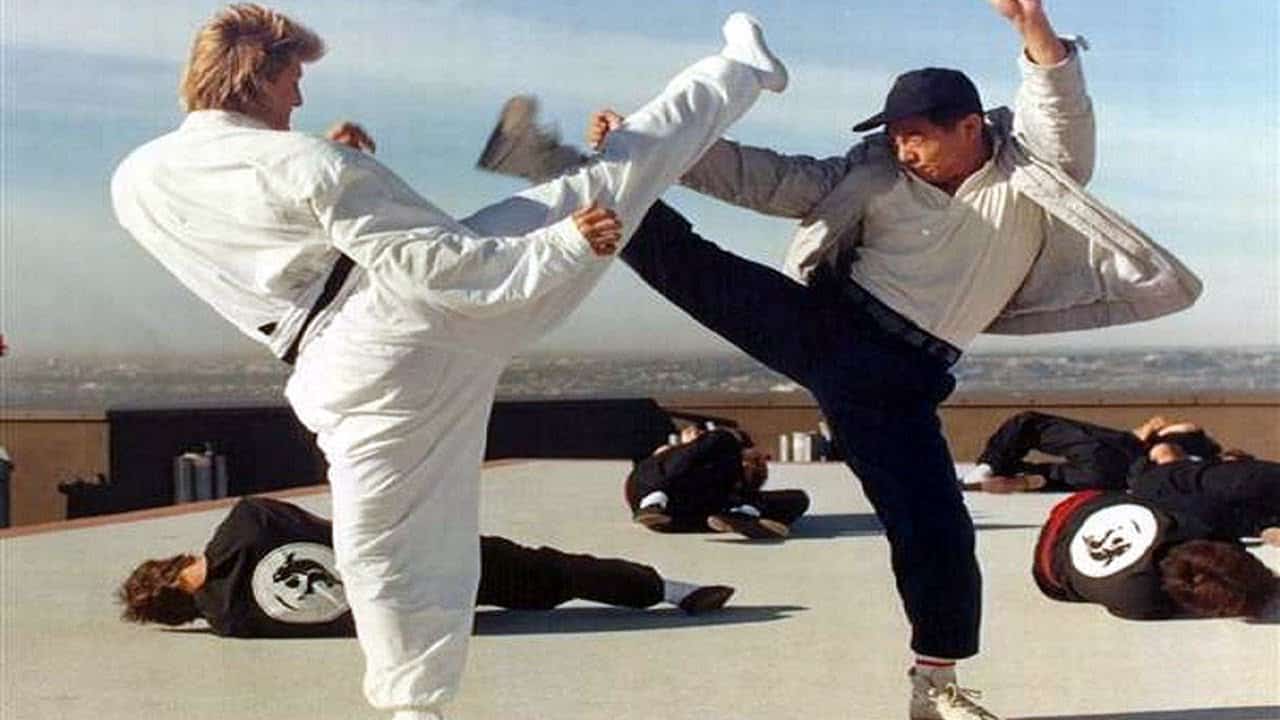A confession is in order before I begin here. Many years ago, when I was just an apprentice film geek, I spent an age trying to track this down in London's Chinatown. It had just been released on DVD and had heard people say how it was the greatest martial arts movie ever made. Eventually after haggling for what felt like an eternity with a particular shop keeper (who tried to sell me “Crazy Disciples of the 36th Chamber instead!) I arrived home with a copy. Eagerly, I put it into the DVD player, and then felt a profound sense of disappointment. I really didn't like it. Now to put it into perspective I hadn't seen many Shaw Brothers movies at the time and back then wasn't helped by some screwed up subtitles. Now over 20 years later and having not watched the film since, I return to it to see if two decades of copious film watching and a wider understanding of martial cinema changes my mind.
Buy This Title
on Amazon
Lau Kar Leung plays Lei Kung, a former boxer who has disbanded his own school after seeing his students slain in an attempt to find a way to combat the firearms of the western powers. Fearful of the consequences of his actions, a decree is issued that he be found and slain so that no-one else finds out. Ti Tan (Gordon Liu), Ti Hau (Hsaio Ho) and Fang Shao-ging (Kara Hui) are all sent by various factions unbeknownst to the others, although Fang Shao-ging has an ulterior motive as he agrees with Lei Kung's stance. A conman (Alexander Fu Sheng) is also hired to impersonate him to bring him out into the open. Lei Kung has gone into recluse but as the others seek him down he is forced to face his enemies, leading to a final duel with Lei Ying (Lau Kar-wing) that will utilize all of the fabled 18 weapons.
There is an interesting element at play in this feature and that is Lau Kar Leung's clear disdain for the spiritual boxing aspects. His own character berates the practice for resulting in the needless deaths of students. Alexander Fu Sheng's charlatan conman allows him to send up the whole practice. Now Fu Sheng's performance can be divisive, as very much an over the top one with the frequent resort to mugging that can be such an annoying feature of kung fu comedy. Here, though, it works as his character is “playing” a spiritual boxer and the absurdity reflects the director's own feelings. The scene where he pretends to fight off his assailants works as both a send up of the spiritual style and of fight choreography too. There is a moment where his insides are on display amidst all the blood in true Chang Cheh style, only for them to be revealed as a foodstuff. It's intentionally ridiculous and works in the context of the overall piece.
The rest of the choreography is top notch as would expect from one of the maestros of the art. Lau Kar-leung gets two stand out fight sequences but shares everything around so that everyone gets to shine. Kara Hui is rewarded with a real showcase of her agility alongside another frequent collaborator in Hsaio Ho. Gordon Liu is as always shaven headed and in monk garb. Unusually, this time he is one of the antagonists but is allowed a bit more humanity as is shown to be flawed in his thinking and an example of why Lei Kung felt the need to take the action he did. His duel with Lau Kar-leung is exquisitely done and a real highlight as is a character progression through action, while Lei Kung is forced to use his skills to defeat an opponent despite his reluctance. Then we get the final duel. It's good, Lau Kar-leung simply did not do bad choreography, it's just for a me a bit too overblown. In the context of the film it fits and certainly shows off the two Lau brother's skills. I'm probably being exceptionally picky here as imagine others will relish the variety of weaponry on display here. What elevates it is the conclusion and another example of the humanistic nature of the director. It's the perfect way to wrap up the film.
Thematically it fits within the canon of Lau Kar-leung's filmography. The notion of closing down his boxer branch as cannot sacrifice his students is typical of the more humanistic touches we get in his work amidst the action. We so often see the importance of passing down knowledge from teacher to student to allow the continual understanding of martial arts. Here we see the other side and it's the philosophical aspect. Spiritual boxing is seen as smoke and mirrors and not a “pure” form and ultimately dooms the students as they cannot beat the western firepower. So, the tuition here is seen as a failing. The only true form is the pure martial art and even then, it has its limitations. This too is interesting as it's a rare acknowledgment of firearms in martial cinema. The usual norm is to just ignore their existence. Whilst they do not feature in the main story, their presence is discussed frequently and is a driver of the central narrative.
I think it's fair to say that my opinion on “Legendary Weapons of China” is considerably different to what it was 20 years ago. Is it the greatest martial arts movie of all time? I'd still say no, if fact personally I don't even think it's Lau Kar Leung's finest (I'd argue that it's between “36th Chamber of Shaolin” and “8 Diagram Pole Fighter”). That's not a criticism though as it remains an exceptionally good film from a man with a catalogue of them. It has a narrative that remains constantly intriguing, comedy that fits into the overall whole and choreography that is always inventive. Throw in energetic performances from the ensemble cast and you get a very polished piece of work that is worth watching and be enjoyed. Am just going to go and tell my younger self off now!


